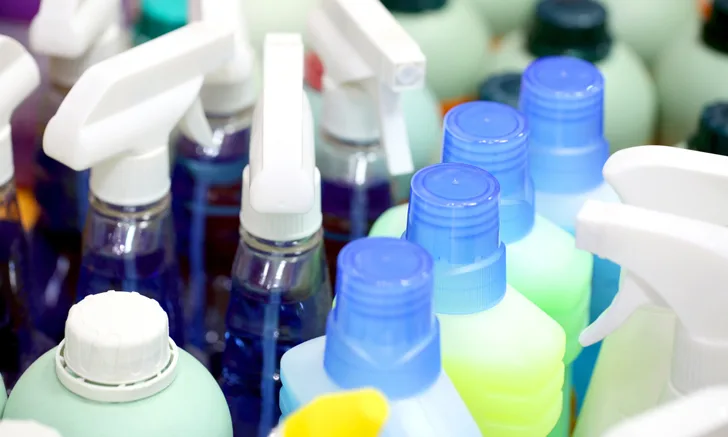Quiz: Environmental Disinfectants
Brandy A. Burgess, DVM, MSc, PhD, DACVIM (LAIM), DACVPM, University of Georgia
ArticleQuizLast Updated May 20171 min readPeer ReviewedWeb-Exclusive

Excellent patient care cannot be realized without consideration for infection control in the practice of veterinary medicine. Environmental contamination is commonly reported in association with epidemics of healthcare-associated infections. Because the environment can play an important role in infectious disease transmission, it is critical that hospital personnel have a working understanding of the cleaning and disinfection process, including commonly used disinfectants. Appropriate cleaning and disinfection can disrupt the chain of transmission, thereby protecting staff, patients, and the hospital environment from zoonotic and healthcare-associated infections.